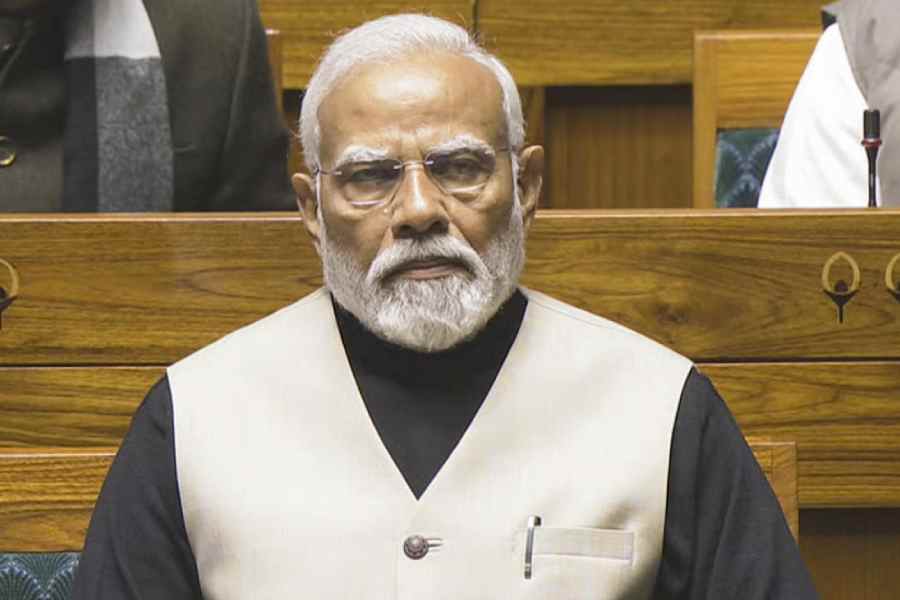Over 100 scientists have decried what they have described as the Indian government’s “antagonistic stance” to science and evidence-based thinking and its support to “false narratives, unfounded opinions, and a cloak of religiosity to instil adherence to a majoritarian idea of India”.
The scientists have accused the government of contributing to “multi-pronged” attacks that tend to undermine a scientific attitude among the public and have urged members of the academic community, the bureaucracy, and the political class to help uphold constitutional values.
The Indian Constitution requires every citizen to, among the other fundamental duties, develop a scientific temper, humanism and a spirit of inquiry and reform.
"The government and its various organs now actively oppose a scientific approach, independent or critical thinking, and evidence-based policy-making," the scientists said in a statement released on Friday.
The scientists added: “This antagonistic stance is widely and persistently communicated to the public, perpetuating such attitudes.”
The statement did not name any government but its content — expressions of concern about the promotion of unproven or unscientific ideas, exaggeration of ancient Indian knowledge, certain responses during the Covid-19 pandemic — relates to developments under the Narendra Modi government.
The statement, under preparation for nearly six months, was finalised in Calcutta on February 28 at the national convention of the All India People’s Science Network, a consortium of 40 organisations engaged in the promotion of science education and scientific temper among the public.
It has drawn over 100 signatories — serving and retired scientists — from multiple academic institutions, including the Indian Institute of Astrophysics, the Indian Institutes of Science Education and Research, the National Centre for Biological Sciences, the Raman Research Institute, among others.
They have also expressed concern that the government and allied social forces have promoted “pseudoscience and a belief in mythology as history” and used “false narratives… to construct a unitary majoritarian religion and culture, contrary to the diverse religious beliefs even among the majority community”.
The scientists have said government funds for research and development, already below comparable countries, when measured as a percentage of the gross domestic product, have “hit historic lows,” amid concerns that this might adversely impact India’s capacity to generate new scientific knowledge.
“Domestic assembly by cheap labour is misrepresented as self-reliance, thus underplaying the need for research and knowledge production,” they added, referring to what some signatories said was the government’s enthusiasm for local production alongside poor support for new knowledge generation.
The scientists have accused the government of contesting “on spurious grounds” development data and India’s position on various global rankings. The Centre has in recent years challenged India’s ranking on hunger and has also repeatedly described as “myth”, “speculative” or “flawed” estimates of excess deaths during the Covid-19 pandemic in India calculated by multiple academic groups.
The scientists said beyond image management, these tendencies undermine a scientific approach and evidence-based policy-making and “demoralise the knowledge production community, fostering anti-intellectual attitudes”.
“Unscientific claims by prominent figures in political circles, boasting of imaginary technological achievements and exaggerated ideas about ancient Indian knowledge are used to build and support a hyper-nationalistic narrative,” the statement said. “Such fanciful and boastful claims undermine many actual substantial contributions of ancient India emanating from various cultural streams and covering intellectual as well as artisanal and technical accomplishments.”










